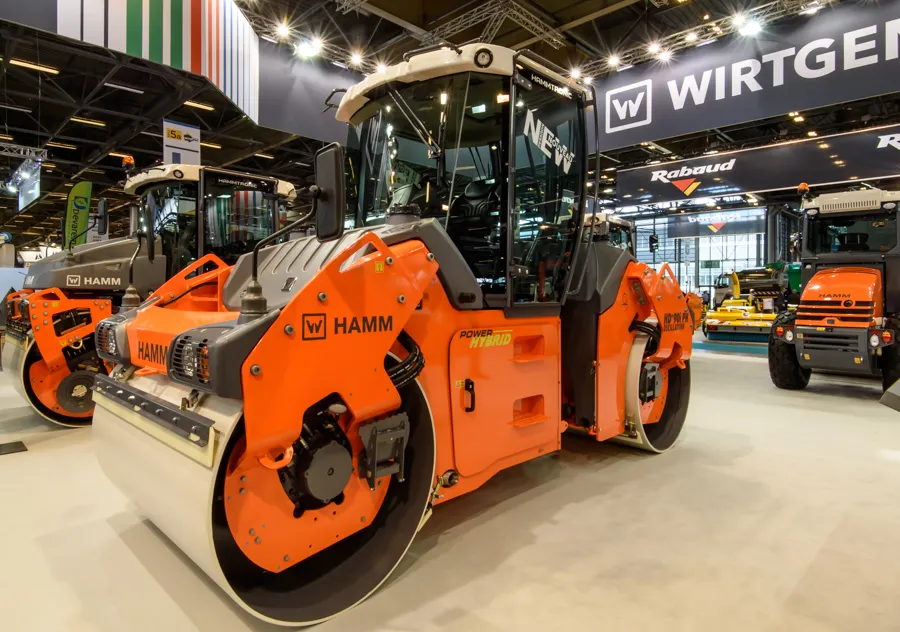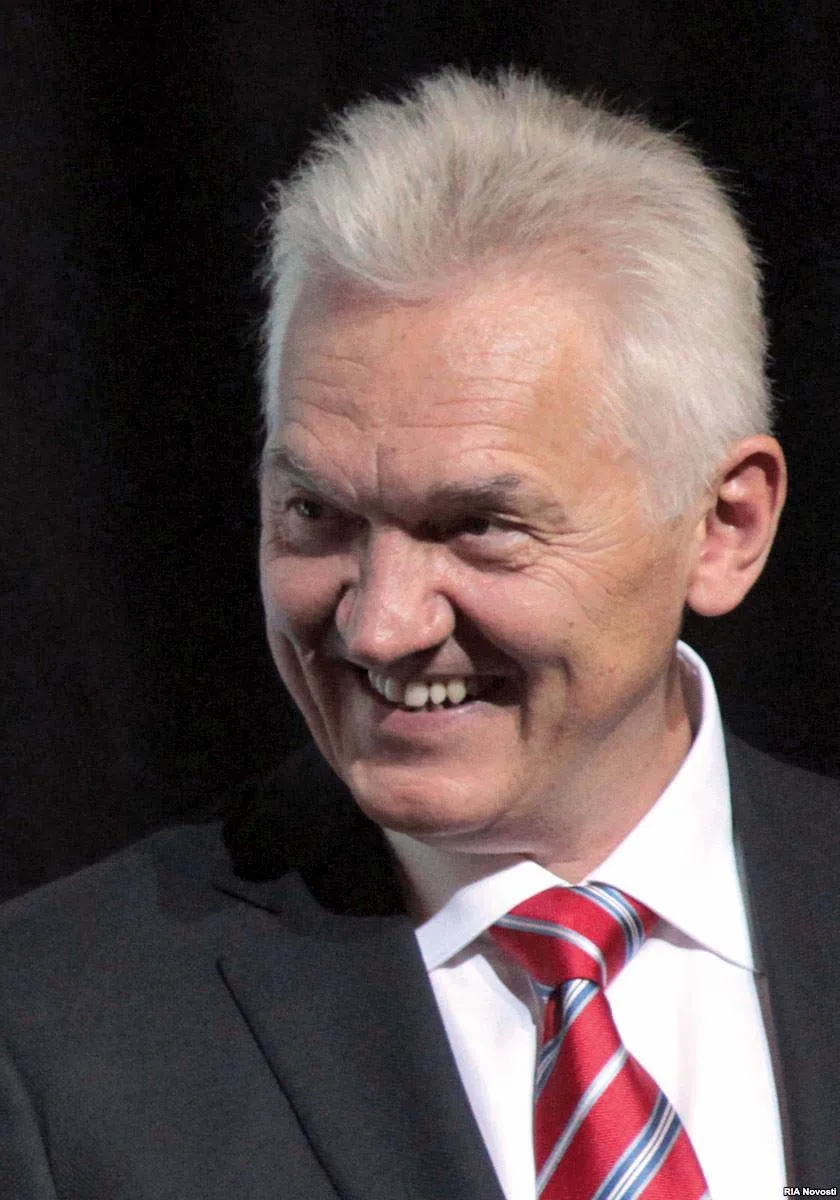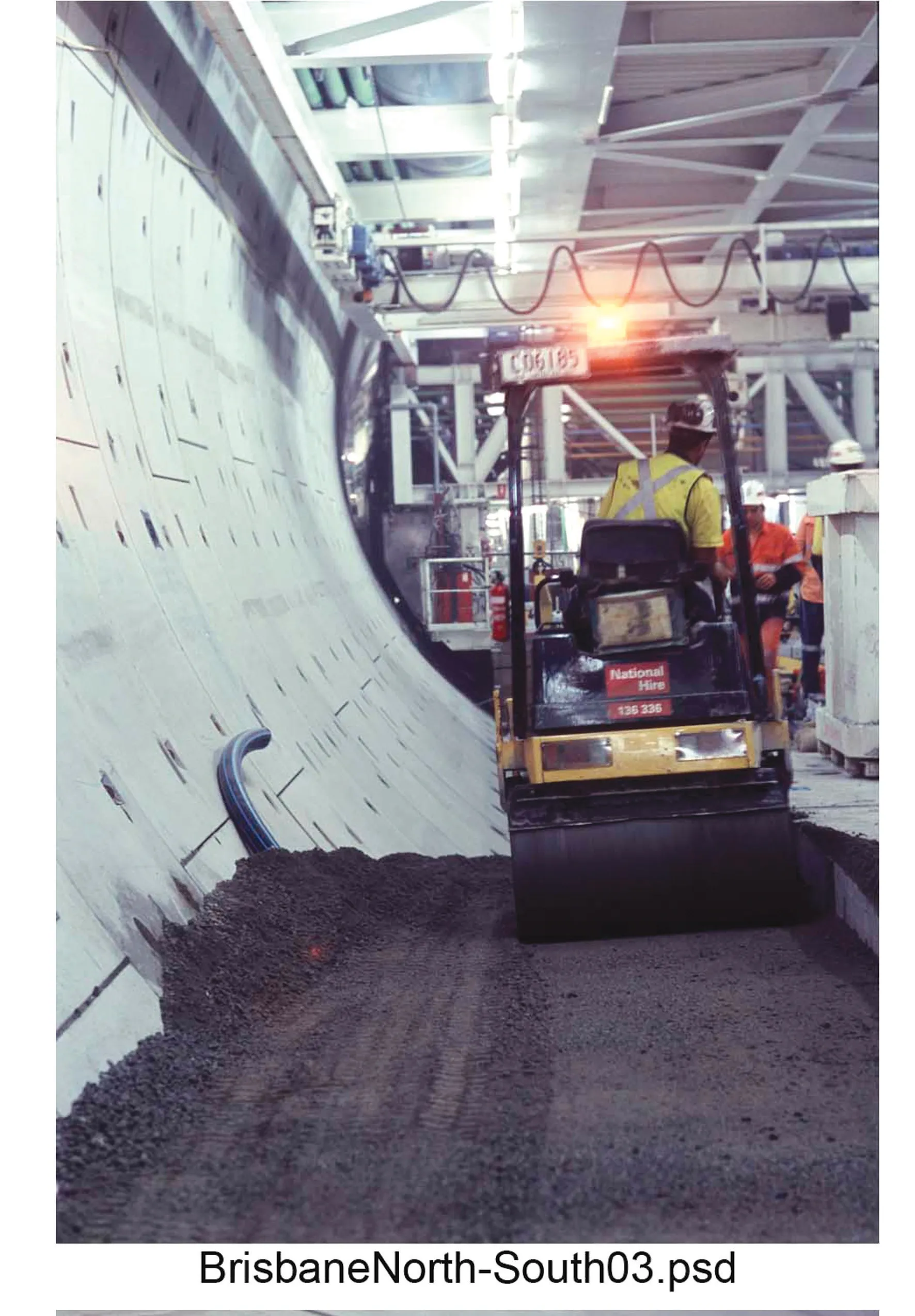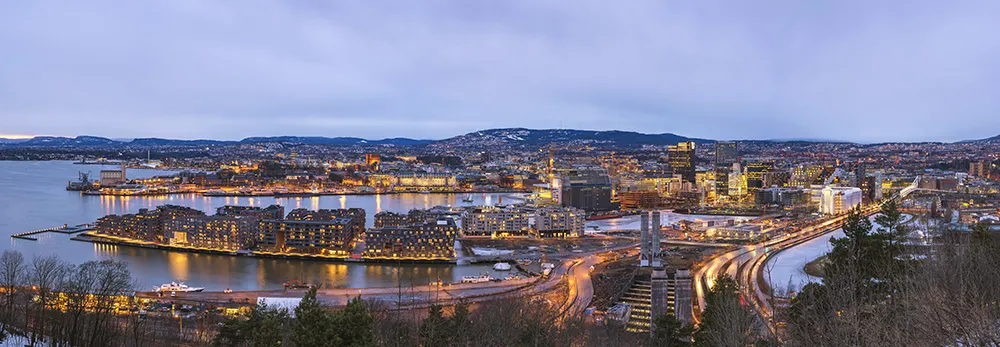The 400km stretch of A9 autobahn connecting the German cities of Munich and Leipzig looks likely to be one of the first major highway links in Europe with charging infrastructure for electric vehicles.
March 15, 2012
Read time: 1 min
The 400km stretch of A9 autobahn connecting the German cities of Munich and Leipzig looks likely to be one of the first major highway links in Europe with charging infrastructure for electric vehicles. The states of Bavaria and Saxony are working jointly on this plan with a view to leading the filed in in the mobility of electric vehicles. Recharging stations will be installed at maximum intervals of 90km under the plan.









